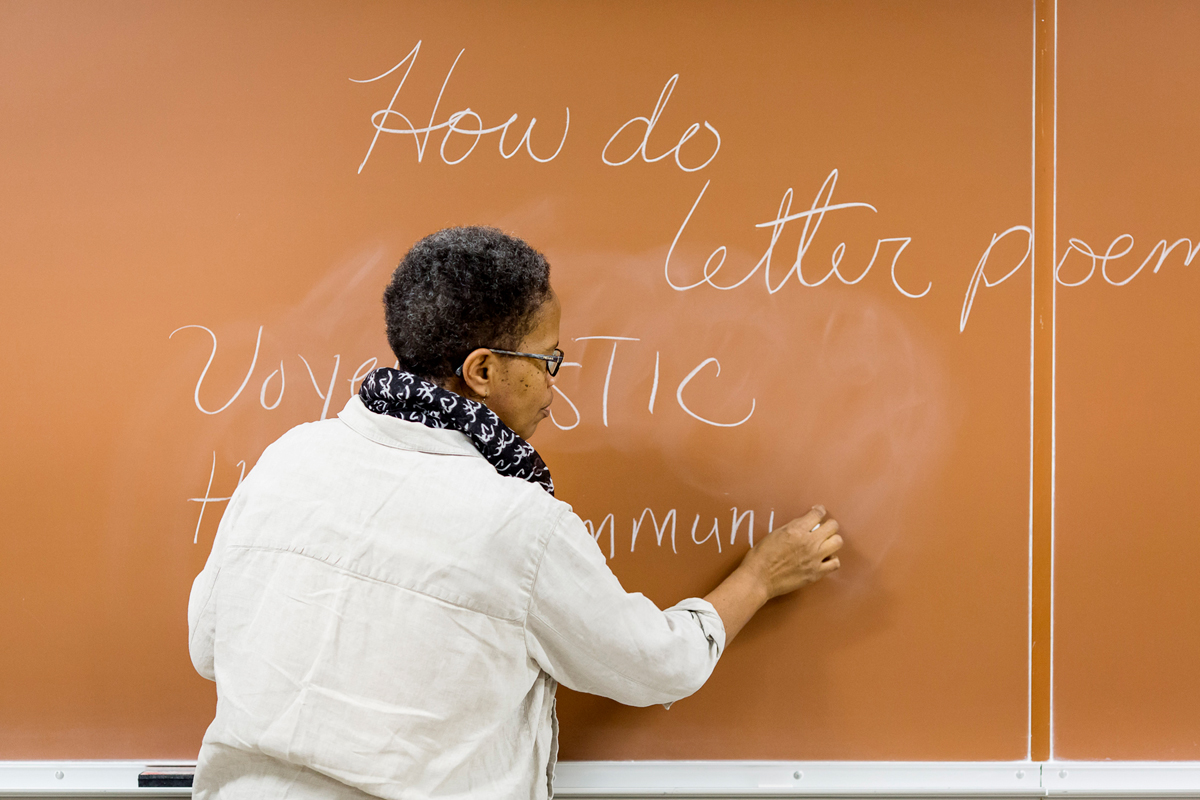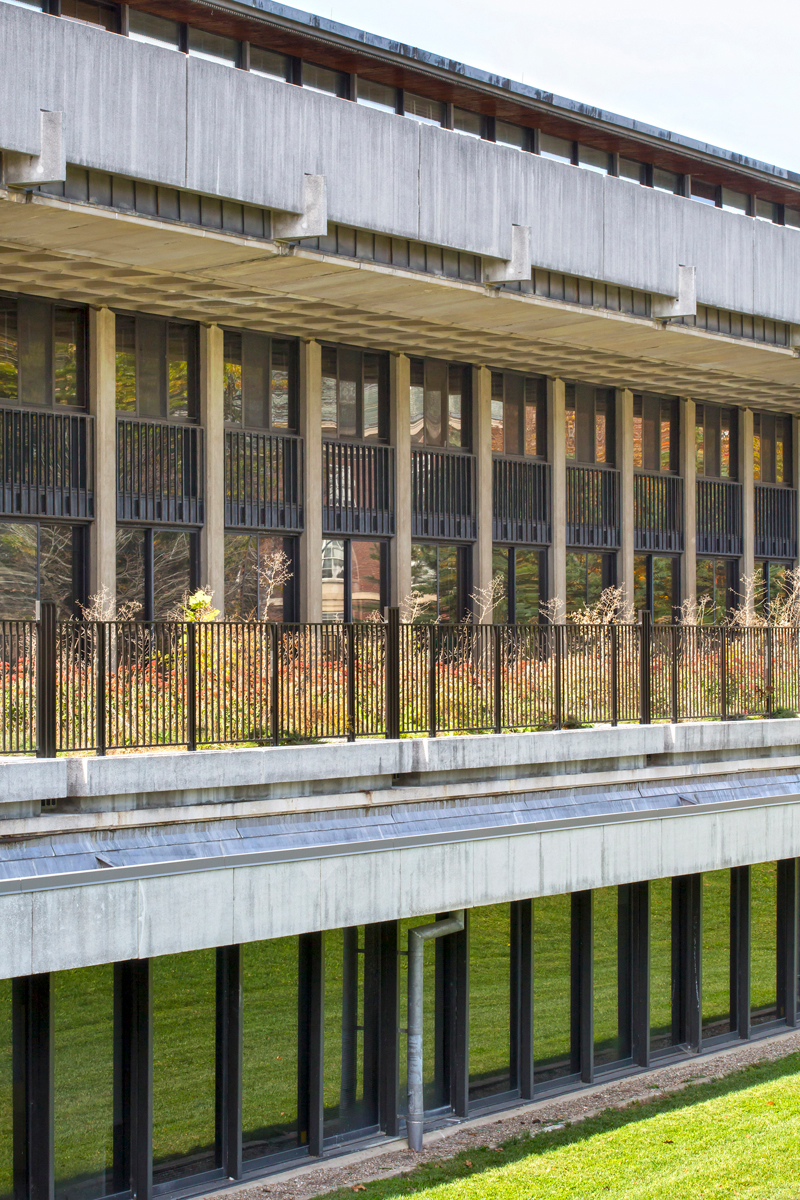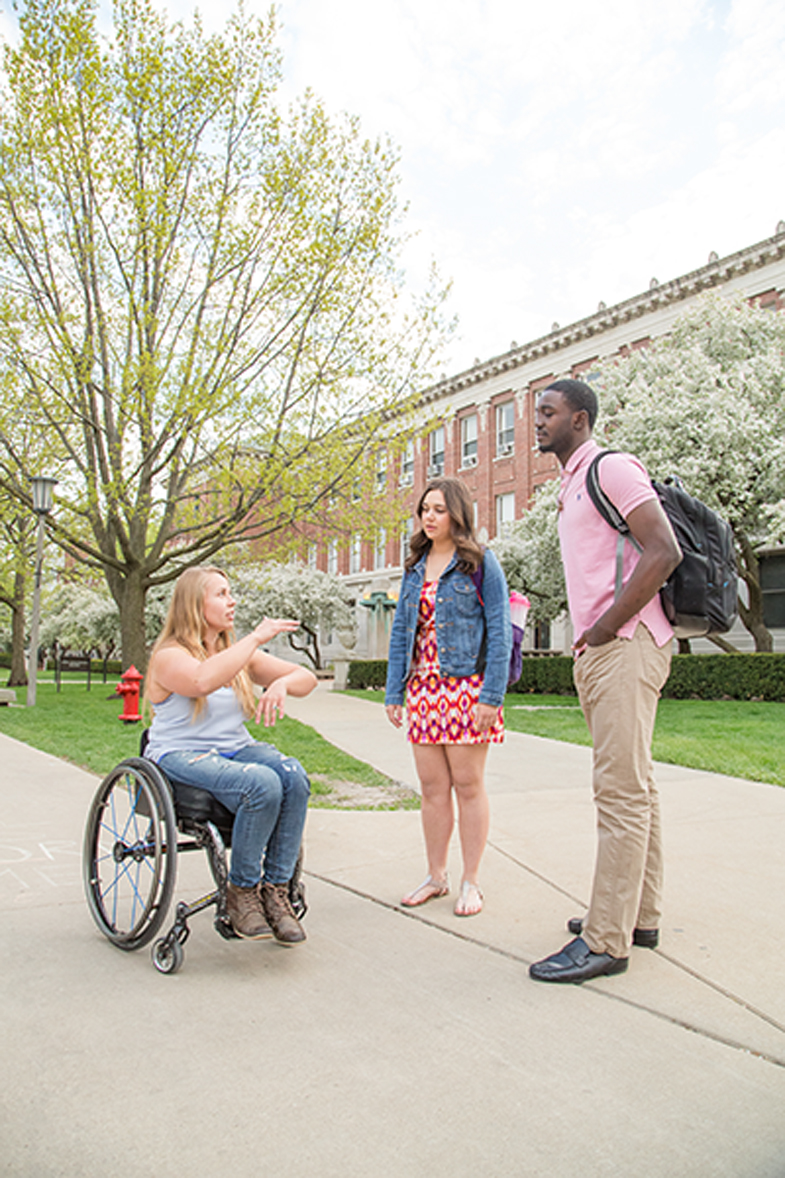Secondary Education
The Secondary Education program serves as a minor that prepares students to teach grades 9-12 in a specific discipline. Students must select the major related to their chosen content area. Available content areas include: Biology, Chemistry, Earth Science (major in Geology), English, Mathematics, Physics, and Social Sciences (major in History).
Students must must be enrolled in the LAS major for their chosen content area. Students must transfer into the College of LAS in their major area of interest first and complete prerequisite courses in their major before applying into the Secondary Education minor.
To explore the Secondary Education minor, students can take the following courses (however, these courses are not required to be completed prior to applying to the minor):
- PSYC 100–Introduction to Psychology
- EPSY 201–Educational Psychology
- EDUC 201–Identity and Difference in Education
Students must have the courses below completed or in progress for their chosen major before they are able to apply for the minor:
This major fulfills state certification requirements to teach high school (grades 9-12) biology through the AP/honors level and chemistry, earth and space science, environmental science and physics up to but not including the AP/honors level.
- MATH 220 or 221 - Calculus
- CHEM 102 and 103 - General Chem I with lab
- CHEM 104 and 105 - General Chem II with lab
- CHEM 232 and 233 - Elementary Organic Chem I with lab
- IB 150 - Organismal and Evolutionary Biology
- MCB 150 - Molec & Cellular Basis of Life
- one required 200-level IB course
- one required 200-level MCB course
Select one of the following sequences:
- MATH 220 or 221 - Calculus
- MATH 231 - Calculus II
- CHEM 102 and 103 - General Chem I with lab
- CHEM 104 and 105 - General Chem II with lab
- CHEM 222 and 223 - Quantitative Analysis Lecture and lab
- CHEM 232 and 233 - Elementary Organic Chem I with lab
OR
- MATH 220 or 221 - Calculus
- MATH 231 - Calculus II
- CHEM 202 and 203 - Accelerated Chem I with lab
- CHEM 204 and 205 - Accelerated Chem II with lab
- CHEM 222 and 223 - Quantitative Analysis Lecture and lab
- CHEM 236 and 237 - Fundamental Organic Chem I and Structure and Synthesis
- MATH 220, 221, or 234 – Calculus or Business Calculus
- CHEM 102/103 – General Chemistry I/Lab
- GEOL 107 – Physical Geology
- GEOL 208 - History of the Earth System
- GEOL 333 - Earth Materials and the Environment or GEOL 432 - Mineralogy and Mineral Optics
- ENGL 200–Intro to Lit Study for Majors
- ENGL 209 - British Lit to 1800
- ENGL 255 - Early American Literature
- ENGL 301 - Critical Approaches to Lit & Text
- (note - completion of five or six courses in the major is highly recommended)
- MATH 220 or 221 – Calculus
- MATH 231 – Calculus II
- MATH 241 - Calculus III
- completion of three advanced mathematics courses, one of which must be MATH 347 or 348
- MATH 220 or 221 – Calculus
- MATH 231 - Calculus II
- MATH 241 - Calculus III
- PHYS 211– University Physics: Mechanics
- PHYS 212 – University Physics: Elec & Mag
- PHYS 213 - University Physics: Thermal Physics
- PHYS 214 - University Physics: Quantum Physics
- PHYS 225 - Relativity and Math Applications
- CHEM 102 and 103 - General Chem I and lab, or CHEM 202 and 203 - Accelerated Chem I and lab
- HIST 141–Western Civ to 1660
- HIST 142–Western Civ since 1660
- HIST 171–US History to 1877 or HIST 172 – US History since 1877
- one additional history course (HIST 200 recommended)
- PS 101 - Intro to US Gov and Pol
- SOC 100 - Intro to Sociology
- STAT 100 - Statistics
- one course from ANTH 143, ECON 102, or ECON 103
Students must transfer into their major area of interest first and complete prerequisite courses in their major before applying into the Secondary Education minor. The minor is completed during students' last three semesters. Interested students should see the academic advisors in their major and contact las-teach@illinois.edu for information.
Approval for admission is gained by successful application to the Department of Curriculum and Instruction in the College of Education, upon recommendation by the joint Education/LAS content area admissions committees. Illinois law and Council on Teacher Education policy require that all candidates for admission to a teacher preparation program pass the Illinois Certification Testing System Test of Academic Proficiency (TAP) prior to beginning student teaching.
In addition to teaching, there are many other possible career opportunities for students graduating in with a secondary education minor or concentration.
- Creativity
- Decision-making
- Effective communication, both verbal and written
- Motivational skills
- Organization and record keeping
- Problem solving
- Program planning
- Research skills
- Teaching and instruction
- Working autonomously
- Working under pressure and meeting deadlines
- Adult Education Teacher
- Alumni Relations Coordinator
- Athletic Coach
- Athletic Director
- Day Care Administrator
- Curriculum Specialist
- Education Management
- Education Materials Sales
- Educational Resource
- Educational Therapist
- Employee Trainer
- Financial Aid Counselor
- Grant Writer
- Guidance Counselor
- Historic Site Administrator
- Missionary
- Registrar or Admissions Director
- Resource Teacher
- School Psychologist
- Social Services Volunteer
- Speech Pathologist
- Student Admissions Admin
- Training Specialist
- Tutor
- Teacher
- Vocational Rehab Counselor
Some careers may require education beyond an undergraduate degree.
- Participating in undergraduate research
- Applying for a study abroad experience
- Utilizing resources of The Career Center
- Joining a Registered Student Organization (RSO) related to this major, such as:
- Illini Educational Presentations: encourages middle school and high school students to consider a college level education in order to meet these goals. We provide presenations given by highly successful college students to younger students in order to help them develop a genuine interest in their studies.
- Minority Association of Future Educators: provides a support network for underrepresented students seeking to become professional educators and addresses the educational needs of children, with an emphasis on children from underrepresented groups.
- National Science Teachers Association: supports and encourages students in science education by providing professional development, community service opportunities, and social functions while upholding the mission of the National Science Teacher Association.
- Student Education Association: offers pre-professional educational development for future teachers.
Please see the following link for getting started with the Secondary Education program.
There are several professional organizations dedicated to Secondary Education. Their websites might be able to provide a glimpse in the world of Secondary Education. These organizations include American Federation of Teachers and National Education Association.


